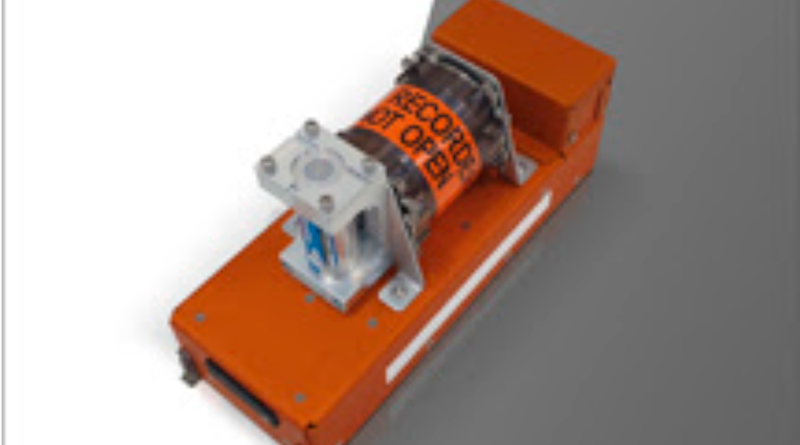Honeywell and Curtiss-Wright developed cockpit voice recorders to help Boeing and Airbus meet the new 25-hour safety mandate.
We have collaboratively developed Honeywell Connected Recorder-25, which is now available to meet the 2024 FAA Reauthorization Act’s mandate for longer recording capability.
Honeywell and Curtiss-Wright Corporation announced they have collaborated to develop a Honeywell Connected Recorder-25 (HCR-25) cockpit voice recorder (CVR) and flight data recorder (FDR) that is now available for applicable Boeing and Airbus commercial and cargo aircraft.
The HCR-25 was type-certified for use on Boeing 737/767/777 aircraft last year and is scheduled to be type-certified for use on Airbus A320 series platforms in the first half of 2025. The development of this new technology supports Honeywell’s alignment of its portfolio to three compelling megatrends, including automation and the future of aviation.
“The Honeywell HCR-25 addresses the need for cockpit voice and data recorders that the FAA has mandated to increase flight safety,” said Steve Hadden, vice president of services & Connectivity at Honeywell Aerospace Technologies. “Honeywell’s collaboration with Curtiss-Wright leverages our joint capabilities to deliver superior audio clarity in combination with data streaming to enable next-generation access to aircraft performance.”
The HCR-25 satisfies the 2024 FAA Reauthorization Act’s directive that requires commercial passenger aircraft to be equipped with a CVR set to record the most recent 25 hours of flight data. The directive specifies that all newly manufactured aircraft must meet the 25-hour requirement while existing aircraft must comply within six years.
“We are proud to work closely with Honeywell to bring 25-hour cockpit voice recorder capability to both new OEM installations and retrofit applications, enhancing commercial aircraft flight safety with extended recording duration and real-time streaming connectivity,” said Brian Perry, senior vice president and general manager, Curtiss-Wright Defense Solutions Division. “Working together, we are ready to utilize our extensive experience developing flight recorders to deliver advanced technologies that provide open access for airline operators to retrieve their data.”
Using a 25-hour CVR dramatically improves the ability to identify the root cause of commercial aircraft incidents and accidents, resulting in more excellent air travel passenger safety and improvements to training, policies, and procedures. Honeywell and Curtiss-Wright’s joint development of the CVR follows a letter from the US National Transportation Safety Board (NTSB) earlier this year that called for the installation of 25-hour CVRs in new aircraft production and the retrofit of existing airplanes. The letter highlighted 14 NTSB investigations since 2018 that were hampered by a lack of CVR data because that data was overwritten due to insufficient recording capacity.
Honeywell HCR-25 CVR
Based on Curtiss-Wright’s compact, lightweight Fortress® CVR technology, the HCR-25 complies with the latest FAA regulations and requirements for 25-hour CVRs and existing international rules in Europe, Canada, Mexico, and Singapore. The HCR-25 provides four audio recording channels, all with wideband performance, providing investigators with superior clarity over current-generation recorders.

